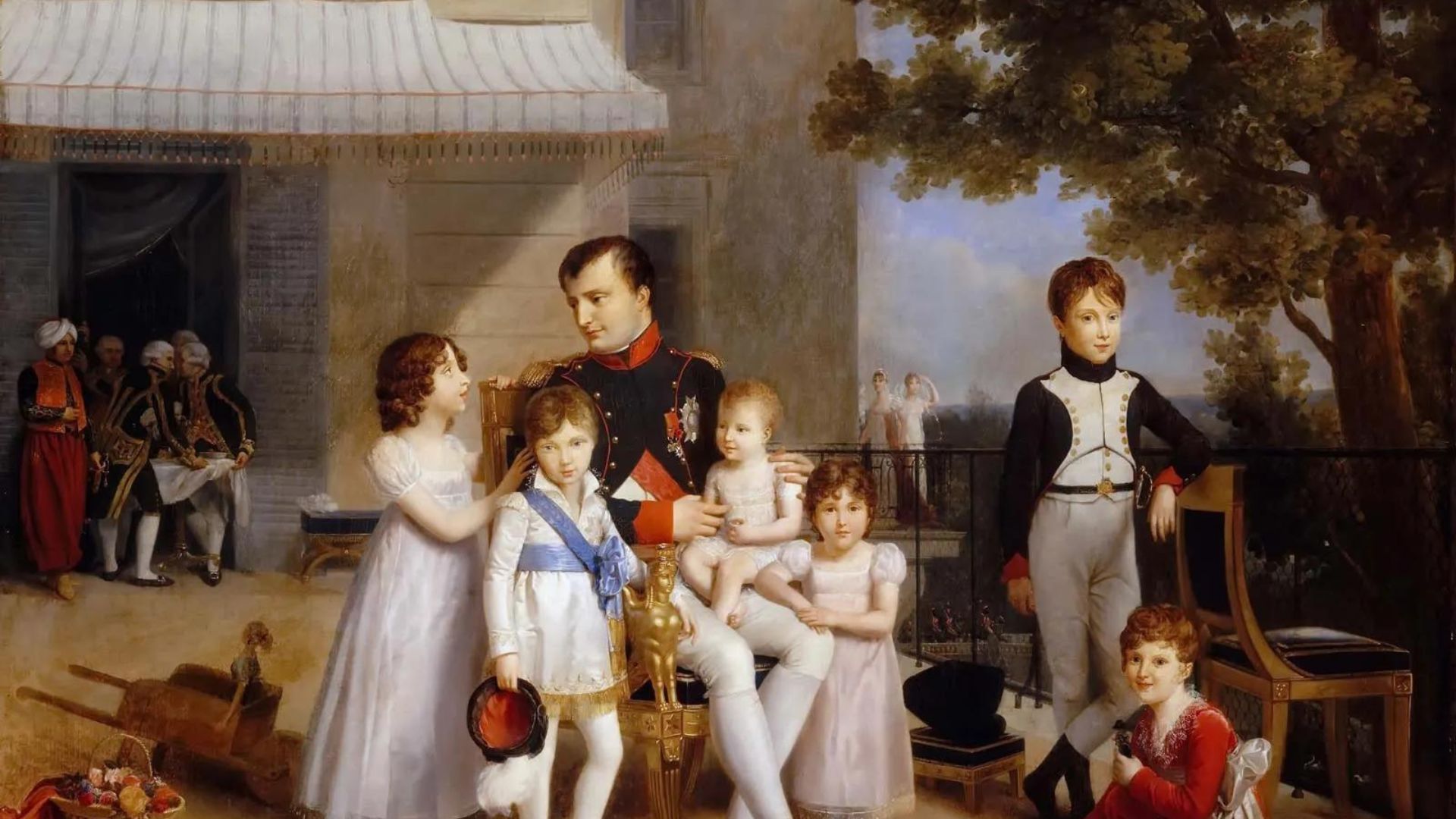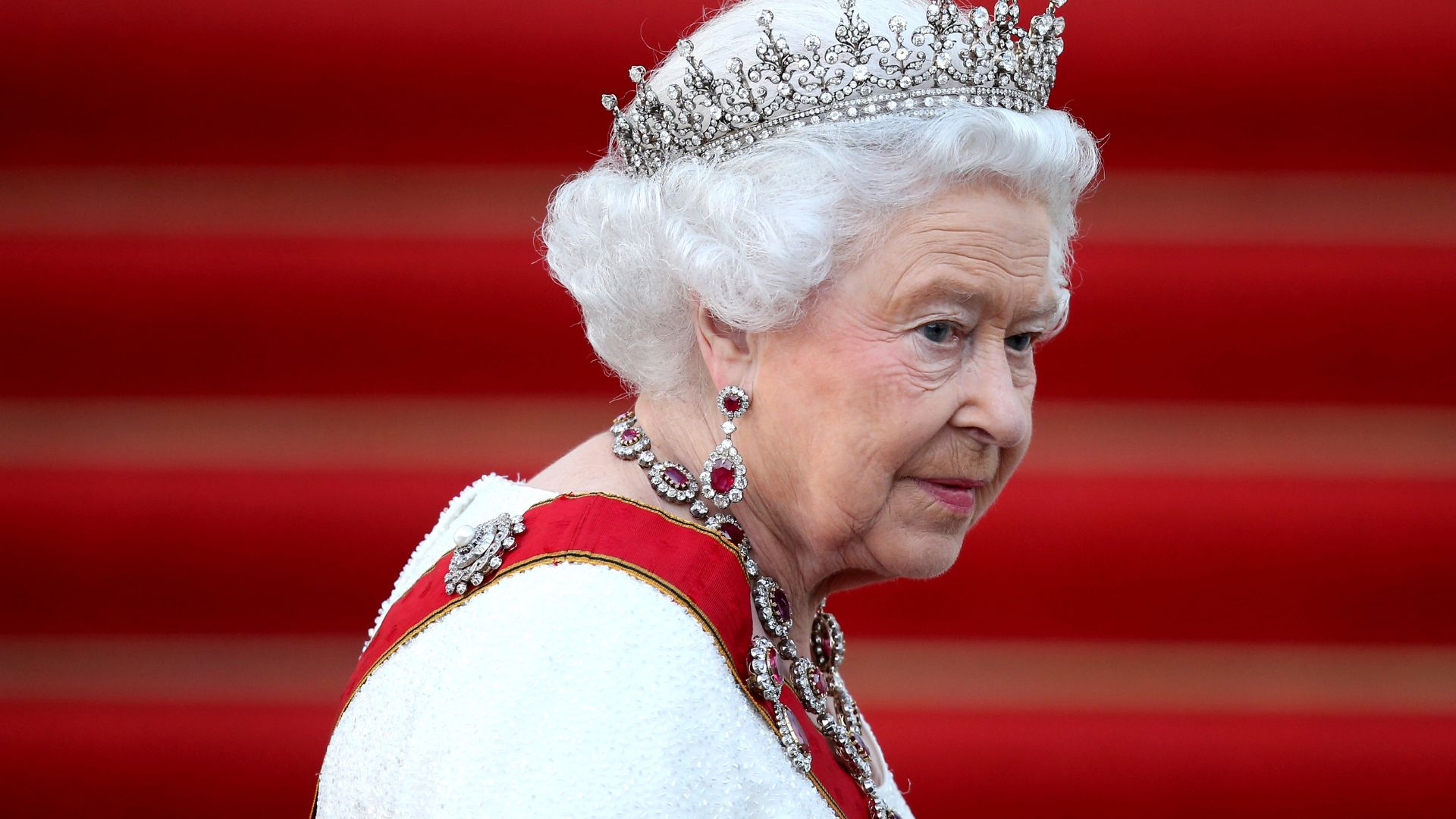Monarchies have long been a central feature of many countries’ political systems, evolving from absolute rule to constitutional and ceremonial roles. In the modern era, the relevance of monarchies is often debated. This article explores the role of monarchies today, examining their functions, relevance, and the arguments for and against their continued existence.

Understanding Modern Monarchies
Definition:
- Monarchy: A system of government where a single individual, the monarch, acts as the head of state. Monarchies can be absolute, where the monarch has full control over the government, or constitutional, where the monarch’s powers are limited by law or a constitution.
Types of Monarchies:
- Absolute Monarchy: The monarch holds unrestricted power and authority. This form is rare in the modern era.
- Constitutional Monarchy: The monarch’s powers are defined and limited by a constitution or laws, often functioning as a ceremonial figurehead while elected officials manage governance.
Examples:
- Absolute Monarchy: Saudi Arabia, where the King has extensive powers over state affairs and governance.
- Constitutional Monarchy: The United Kingdom, where the monarch has a ceremonial role with powers limited by the constitution and parliamentary system.
The Role of Monarchies Today
Ceremonial Functions:
- Public Duties: In many constitutional monarchies, the monarch performs ceremonial duties such as state visits, official openings, and symbolic acts that represent national unity and tradition.
- Cultural Symbolism: Monarchies often embody historical continuity and national identity, serving as symbols of tradition and stability.
Political Influence:
- Constitutional Roles: In constitutional monarchies, the monarch may have limited political influence, serving primarily as a figurehead with no direct role in day-to-day governance.
Examples:
- United Kingdom: The British monarch, currently King Charles III, performs ceremonial functions and represents the nation at state events while political power is held by elected officials.
- Sweden: The Swedish monarchy, led by King Carl XVI Gustaf, has a ceremonial role and participates in state functions, cultural events, and charitable activities.
Arguments for the Relevance of Monarchies
Tradition and Continuity:
- Historical Significance: Monarchies often represent a deep historical tradition and continuity, linking contemporary society with its past.
- National Identity: Monarchs can embody national identity and unity, serving as symbols that bring people together and foster a sense of national pride.
Stability and Unity:
- Political Stability: Monarchies can provide a stable and unifying figure in times of political turbulence or change, offering continuity in leadership.
- Non-Partisan Role: As ceremonial figures, monarchs can remain above political disputes, serving as neutral representatives of the state.
Charitable and Diplomatic Work:
- Charitable Engagement: Many modern monarchies are involved in charitable work, supporting various causes and initiatives that benefit society.
- Diplomatic Relations: Monarchs often play a role in international diplomacy, strengthening relations between countries and representing their nations on the global stage.
Examples:
- Monaco: The monarchy, led by Prince Albert II, supports numerous charitable organizations and contributes to diplomatic relations while maintaining a stable and prosperous state.
- Japan: The Japanese Emperor, currently Emperor Naruhito, is a symbol of the nation’s unity and engages in various charitable activities and cultural events.
The Future of Monarchies
Adaptation and Reform:
- Modernization: Some monarchies have adapted by modernizing their roles, focusing on ceremonial duties, and engaging in charitable work to maintain relevance.
- Reform Movements: There are ongoing discussions in various countries about reforming or abolishing monarchies, reflecting changing attitudes towards governance and democracy.
Global Trends:
- Decline of Monarchies: Monarchies are becoming less common, with many countries moving towards republics or other forms of government. However, existing monarchies continue to evolve and adapt to contemporary values and needs.
Examples:
- Netherlands: The Dutch monarchy has undergone reforms to align with modern values, focusing on a ceremonial role and engaging in social and cultural activities.
- Norway: The Norwegian monarchy, led by King Harald V, has embraced modernity by participating in public life and supporting various social causes.
Conclusion
Monarchies in the modern era continue to evoke debate regarding their relevance and role in contemporary society. While they provide a sense of tradition, stability, and national unity, they also face criticism for their lack of democratic accountability and the cost of maintaining such institutions. As societies evolve, monarchies must adapt to remain relevant and address the challenges and opportunities of the modern world.

